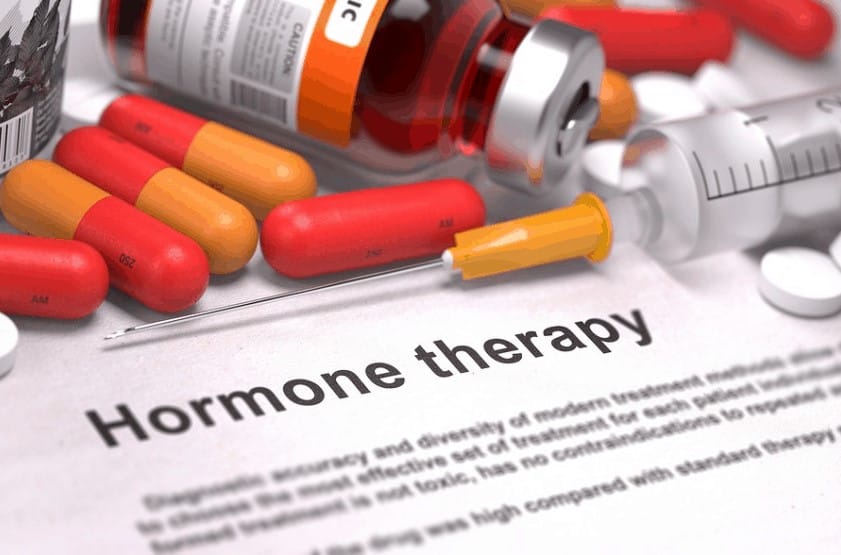Hormone Therapy for prostate cancer is a well acknowledged approach to managing advanced prostate cancer, effectively slowing metastatic prostate cancer progression. The trade-offs between cancer management and side effects are usually well understood by doctors and well accepted by patients.
One trade-off of hormone therapy for prostate cancer is between physical health and mental health, as hormone therapy is increasingly associated with mental ill health, and specifically as this study reveals, depression.
According to TFTC Consultant Urologist and Andrologist Raj Nigam, men with early-stage prostate cancer diagnoses are being prescribed hormone treatment for prostate cancer as other treatments within the NHS are unavailable.
“It is an unfortunate negative outcome of the Coronavirus era, if you like, that traditional treatments have all had to be halted for at least three or four months, in particular radical prostatectomy and radiotherapy”, says Raj. “And as a result of this, men have inadvertently been advised to go onto hormone injections for prostate cancer without, I hate to say, proper and adequate discussion.”
Raj points out that this is not the fault of any individual surgeon or doctor. “It’s just the position that they have been placed in in terms of trying to control the condition — with limited time and often in telephone consultation they will say we’re having to put you on hormones until and unless normal services are up and running again.”
At TFTC, we are approached by many men with early-stage prostate cancer who have been put on hormones, and whose normal, active (in some cases extremely active) lives have been severely compromised. Raj admits this is a growing problem. “We have to start off by qualifying this because there are some men that have to have hormones. So there are men with advanced prostate cancer who have metastatic disease, i.e. disease that has spread to the bones or to the lymph nodes and beyond, and they will have to have hormone treatment for prostate cancer to control the disease.
There are some men who they know that they are definitely going to have radiotherapy and it has been shown that those men will do better with at least a three month period of antigen deprivation therapy normally involving a series of hormone injections for prostate cancer designed to shrink prostate cancer cells prior to having radiotherapy. So those two groups aside, there are a lot of other men that have been put on hormonal therapy, which under normal circumstances would not have been.”
This is a significant problem, in Raj’s view, because hormone therapy does not come without side effects. “In my recent experience, some men who have not been advised which side effects to experience are now complaining about it and wondering why they getting these side effects”, he says. “I see this in my sub-speciality of Andrology quite a lot. Not necessarily because men have had hormonal treatment, but they are what we call hypogonadal in the sense that they have low testosterone levels. And the hormonal therapy that we are talking about in prostate cancer mimics that exactly. Because the hormonal therapy is designed to reduce the testosterone levels in men.”
There a number of serious side effects that hormonal therapy can have. “We all know about sexual side effects that decrease testosterone level can have in particular loss of libido, erectile difficulties, ejaculatory difficulties and so on. And this can lead to a complete loss of confidence in the man”, Raj says. “We also know about its effect on muscle mass and bone density, particularly with longer term treatment. And this can lead to increasing and early fatigue, a desire of not wanting to do exercise, a constant feeling of weakness. So those are physical, real physical issues that men are experiencing whilst on hormonal therapy.”
Asked about the effect of hormone therapy on mental health, Raj worries that men are not aware of this potential side effect. “I think that the effects of testosterone on the brain are under recognised and underplayed. Men who come to my Andrology clinics often do complain of a loss of cognition or loss in the speed of thought. They may still be at work and they’re finding that they got sort of brain fog type symptoms. We know that you can also experience mood changes and depression with low levels of testosterone”.
BAUS – the British Association of Urological Surgeons – provides a set of recommendation for treating prostate cancer in the Covid era. Its advice for treating men with early-stage diagnoses are here.





